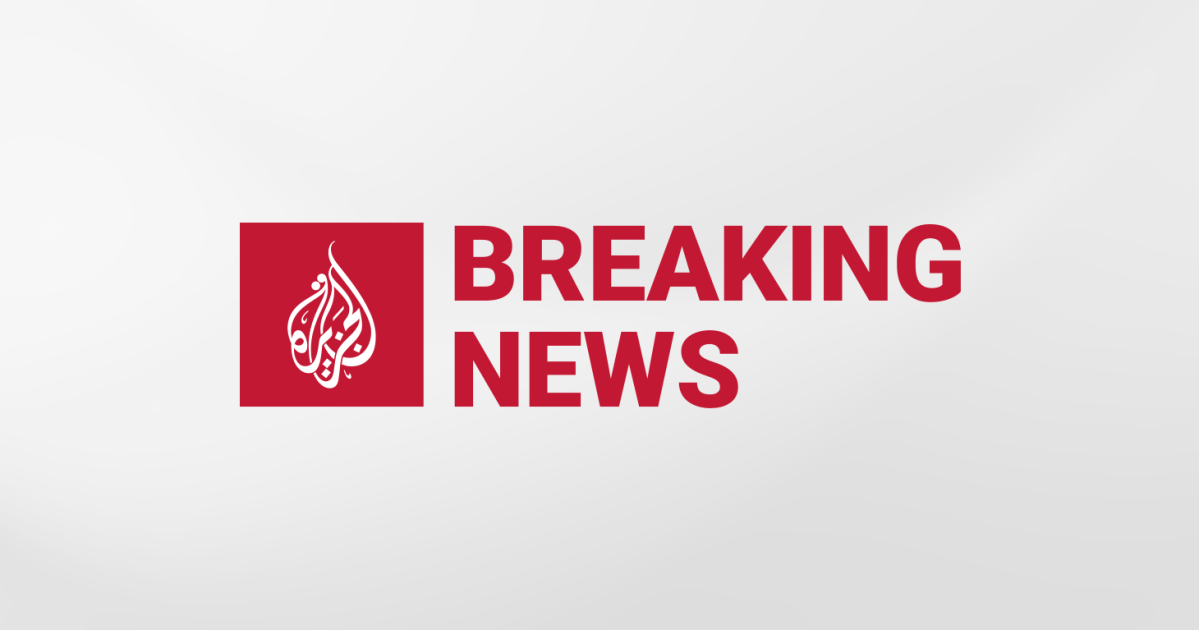At least 13 killed by suicide bomber in central Somalia

The blast caused ‘huge damage’ in a restaurant filled with politicians and government officials, police said.
At least 13 people have been killed in central Somalia on Saturday after a suicide bomber detonated explosives in a restaurant packed with local officials and politicians.
The dead were mostly civilians and 20 other people were wounded in the town of Beledweyne, police spokesman Dini Roble Ahmed said. The blast caused “huge damage”, he added.
Witnesses said a large explosion tore through an open area of the Hassan Dhiif restaurant where people gathered under trees to eat lunch.
“I saw dead bodies of several people and I could not count how many wounded that were rushed to hospital,” said witness Mahad Osman. “Some of these people were waiting for their ordered meals to come while enjoying the fresh weather when the blast occurred.”
Police and government officials confirmed the restaurant attack was the result of a suicide bomber, but did not give the number of casualties.
The attack took place despite security being tightened in Beledweyne on the eve of a first round of voting for parliamentary seats in the constituency, 340km (210 miles) north of the capital Mogadishu.
Two deputy district commissioners were among the dead, police officer Mohamud Hassan said. “This was the deadliest attack I can recall in this town.”
Series of attacks
Al-Shabab claimed responsibility for the attack, according to a report by SITE intelligence, which monitors armed groups online.
The group, which frequently attacks government targets and civilians, has unleashed two attacks in the past two weeks. Al-Qaeda-linked al-Shabab aims to topple the central government.
One of those killed in the attack in Beledweyne was a candidate in an ongoing parliamentary election, residents said.
The parliamentary elections began on November 1 and were initially supposed to end on December 24, but are currently due to be completed on February 25.
Under Somalia’s indirect electoral process, delegates, who include clan elders, pick members of the lower house, which will then choose a new president at a date yet to be fixed.
The recent attacks by al-Shabab could present more problems for the election, which has been delayed by a year.
The election impasse has worried Somalia’s international backers who fear it distracts from the battle against al-Shabab, which has been fighting the weak central government for more than a decade.






